
Many of us lose sleep around the holidays: between trying to get work done, going on vacation, traveling to see family, eating and drinking too much, and of course, shopping, life seems to be moving on triple speed. There simply aren't enough hours in the day to fit in everything. But there's another, lesser-known sleep-stealer that sneaks up on many of us this time of year: allergies.
Few people realize just how many seasonal allergens pop up at the holidays. If you are prone to seasonal allergies, in November and December you may be under siege without realizing it. That sniffling and coughing may not be just the change in the weather — allergens are packed into nearly every aspect of the holidays, including decorating, gift-giving (and receiving), and keeping the house warm and cozy.
These allergens, unfortunately, can have a negative affect on your health, and therefore on the quality of your sleep.
How scents affect your allergies
The most common seasonal allergies, familiar to many of us, is allergic rhinitis, more commonly referred to as hay fever. The presence of pollen in the air during certain times of year triggers an immune system response in the sinuses and the nose. This response shows itself in swollen sinus and nasal tissues, itchiness, and a runny nose. Congestion makes breathing difficult. Post-nasal drip causes a scratchy throat and chronic coughing.
Hay fever is unpleasant, but there's a light at the end of the tunnel: winter, when flowering things stop flowering and the cold keeps the allergens down. Right?
Unfortunately, no. Allergic rhinitis can be triggered by something else: smell. Not many people realize this, but fragrances added chemically to products can trigger sensitivities or allergies in some people.
The chemical compounds in fragrance don't affect everyone in the same way; that nice vanilla-spice candle may be heaven to one person, while for another it may trigger an instant headache and stuffed-up nose.
If your allergies are sensitive to fragrance, you may find yourself experiencing any of the following symptoms after being exposed to a scented product (notice these are not all respiratory in nature):
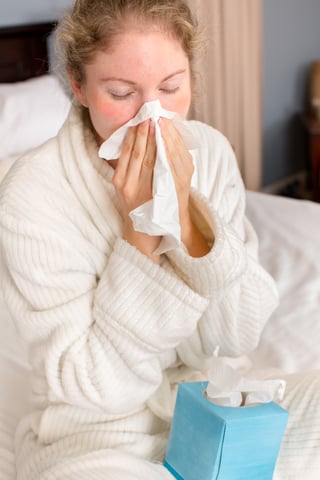
- headache
- hives/itching
- sinus/head congestion
- sneezing
- watery eyes
- dizziness
- wheezing or coughing
- weakness
- stomachache or nausea
Even a product labeled "unscented" can cause problems, because chemicals are needed to create the masking effect that hides the item's natural smell (for example, in unscented lotions or deodorants).
What are the holiday-related culprits to watch out for?
- Scented gifts. Anything with an added fragrance can trigger symptoms. Look out for scented satchets, potpourri, soaps, fragranced stuffed animals, and any kind of "therapeutic" product that may carry a "relaxing" scent like vanilla or lavender. Bath salts and lotions are common holiday gifts that may trigger a reaction in people who are smell-sensitive.
- Scented candles or incense. Burning fragranced candles, incense, and oils can be doubly troubling for those with allergies because you're both inhaling chemicals and smoke particles. It's not uncommon for someone with allergies to become instantly congested in the presence of a scented candle.
Another surprising allergen: Christmas trees
Believe it or not, your Christmas tree could be causing your allergy symptoms.
According to a 2011 study published in the Annals of Allergy, Asthma and Immunology, recently harvested Christmas trees can carry up to 50 types of mold spores. Two-thirds of these molds can trigger hay fever symptoms. In fact, the abstract for the study says that "aerosolized ragweed, grass, and tree pollen on the tree bark or oleoresin were likely causes" of reactions in allergic subjects.
Tree pollen and ragweed are two of the biggest causes of summer allergies. So if you find yourself sneezing or experiencing headaches, congestion, wheezing, or other allergy symptoms in the weeks before and after Christmas, take a look at the beautiful, light-studded decoration glowing over there by the window. It could be the cause of your woes.
Wood fires and stoves: bad for asthma
At the holidays, nothing's cozier than a log in the fireplace or a wood-burning stove. But for people with asthma, the smoke and particles from burning logs can trigger respiratory reactions and attacks: tightness in the lungs, coughing, and wheezing.
If you must have an indoor fire during winter, try not to sit too close to the source. Minimizing your exposure to the allergens is your best chance at avoiding a problem.
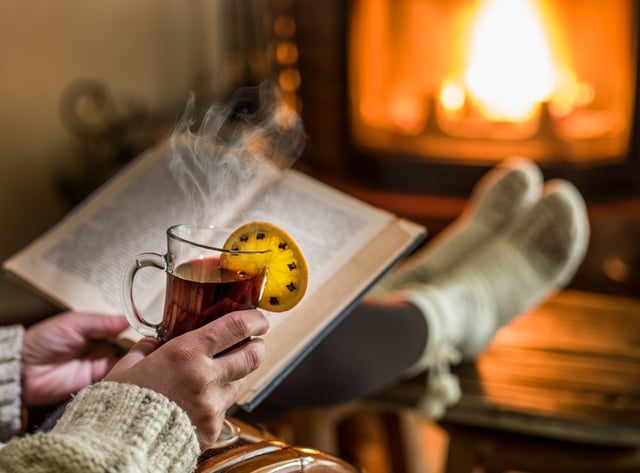
Dust and particulates
In the winter, most of us in colder climates keep our windows shut tight to prevent drafts. To heat up cold rooms, we turn on the furnace. Forced air blasts through vents and we feel warm. But while blasting warm air, the furnace also propels mold spores, dust, and dried-up insect parts into the air. All of these can trigger allergic responses.
Heating and ventilation is only part of the problem. Dust mites, pet dander, and mold in humid areas like the bathroom and laundry room are all more likely to be "in your face" when you're trapped inside during the cold weather. Dust mites in particular (and pets too, actually!) thrive on bedding and blankets, which you're likely to be around more when you feel a chill — and when you're sleeping, of course.
Goose and duck down
Another common allergen that can affect the quality of your sleep is goose and duck down. In reality, the feathers used for insulation are usually not the problem. Rather, the dust mites and other particulates that get mixed in with the down during processing are what trigger allergic responses. If you must have down for warmth or comfort, look for hypoallergenic products with down that's been washed thoroughly. Synthetic alternatives are another alternative.
Look out, too, for the less obvious sources of down that could be causing you to suffer allergy symptoms. Down comforters and pillows can be an obvious problem for sleepers with allergies, but many other consumer products are also stuffed with goose or duck feathers. If you keep these items close to you during the day or in your bedroom at night, you may find your allergic reactions interfering with your sleep.
Down-stuffed products can include:
- Throw pillows
- Throw blankets
- Winter jackets and coats
- Sleeping bags
- Couch cushions
Being around any of these products during the day may trigger your allergy symptoms, which can affect your sleep at night.
How allergies affect your sleep
- Trouble breathing. Allergies often lead to swelling, congestion, and itching in the nasal and sinus passages. These symptoms can make it difficult to breathe through your nose. You may find yourself tossing and turning, reaching for tissues all night long. And if you're a light sleeper, the annoying whistle of air struggling its way through your clogged nose can be enough to keep you awake. Respiratory events similar to apneas can also affect people with allergies.
- Coughing. Allergy congestion can lead to post-nasal drip. As mucus slides its way down the throat, you may feel tickles that trigger coughing fits. It's not uncommon for people with allergies to lose hours of sleep to convulsive coughing in the night. The result can be fragmented sleep (sleep that's interrupted by multiple awakenings) and sleep deprivation.
- Drug side effects. If you've taken medication for your allergies, you may find some relief from your primary symptoms — but new ones can appear. "Non-drowsy" medications can contain stimulants that keep you awake. Dry nasal or sinus passages can cause headaches. These problems can cause affect the length and quality of your sleep.
If you want to sleep well during the holidays, the best thing you can do is to limit your exposure to anything that may trigger your allergies. Try to remove yourself from the offending source at least a few hours before bed. See a doctor to get allergy medicine if you need it. Use a humidifier. And lastly, practice good sleep hygiene for allergy sufferers to protect the quality of your sleep as much as possible.
Sources:
Annals of Allergy, Asthma and Immunology

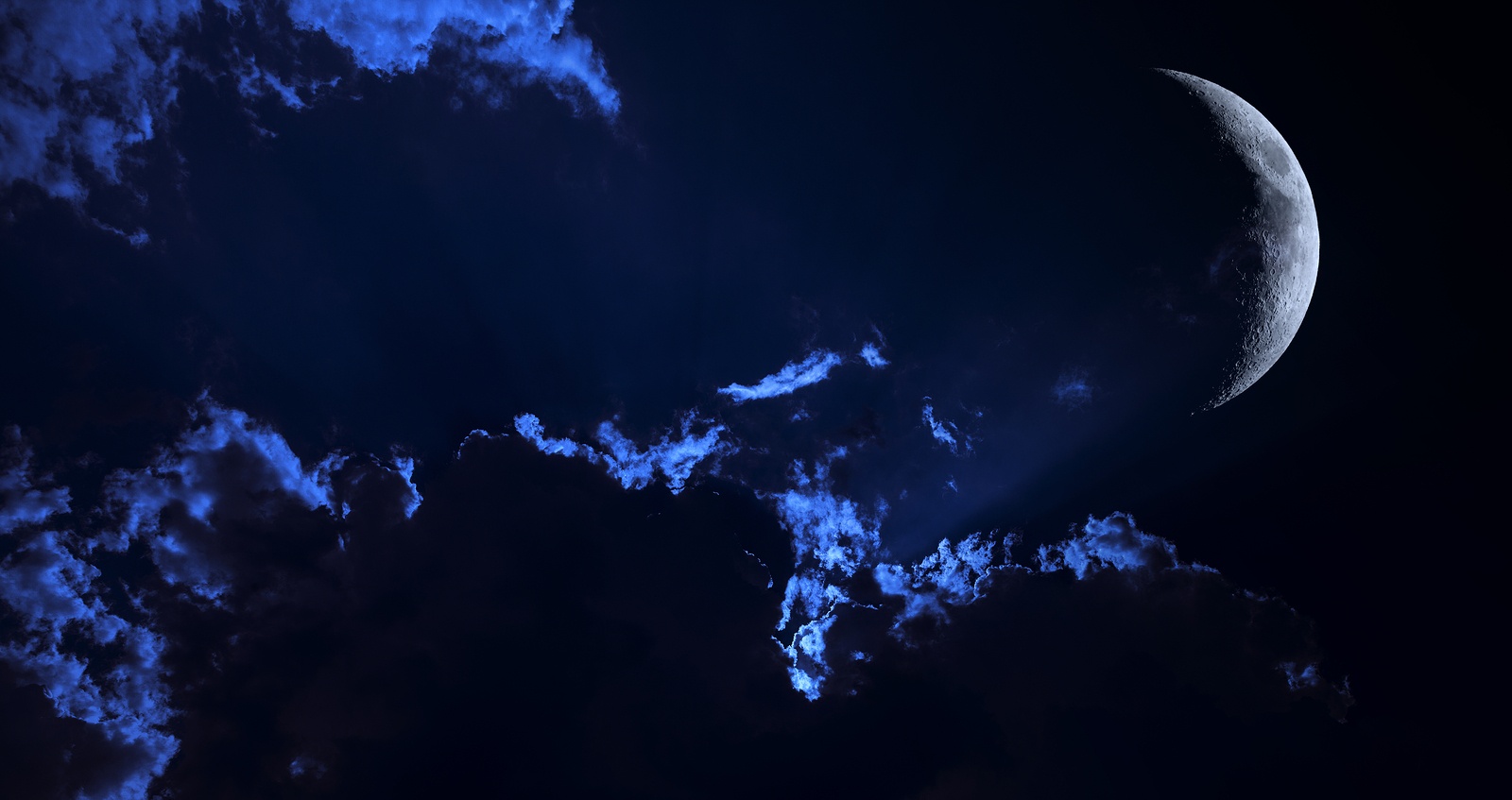



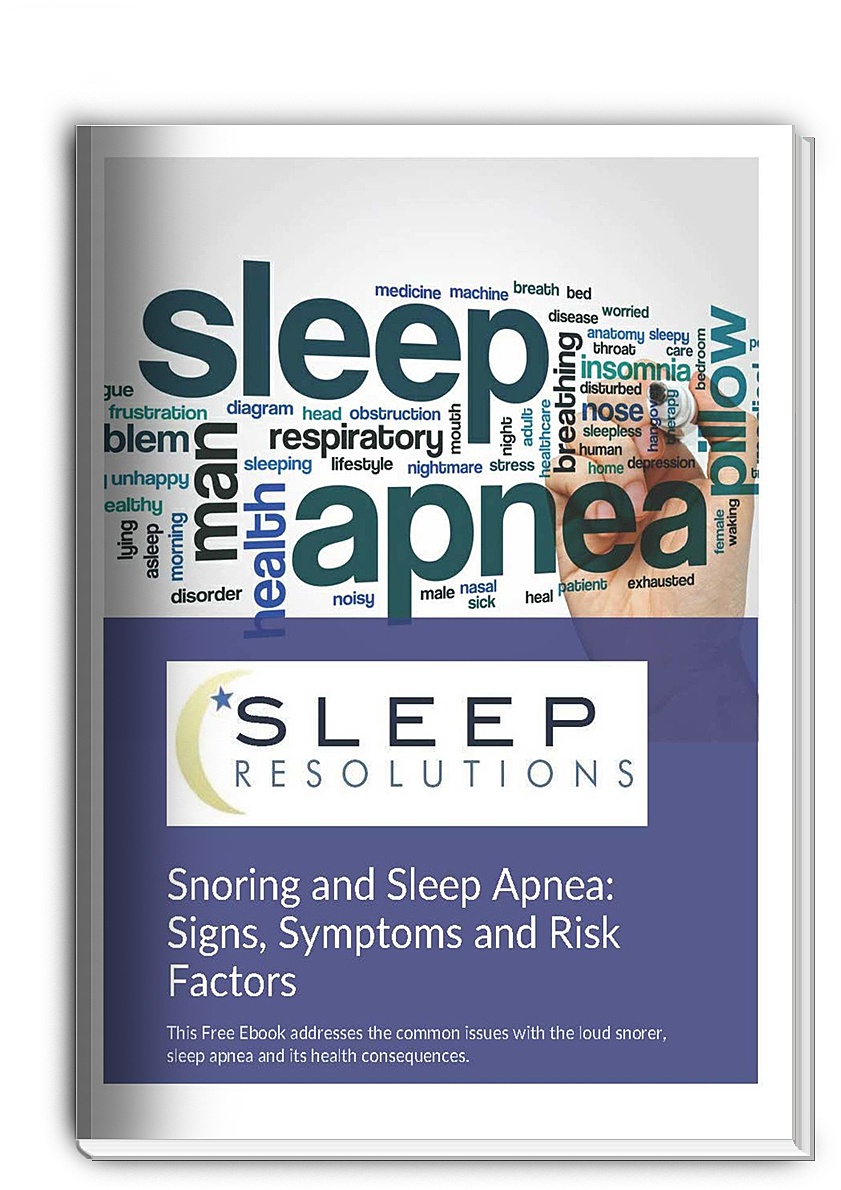

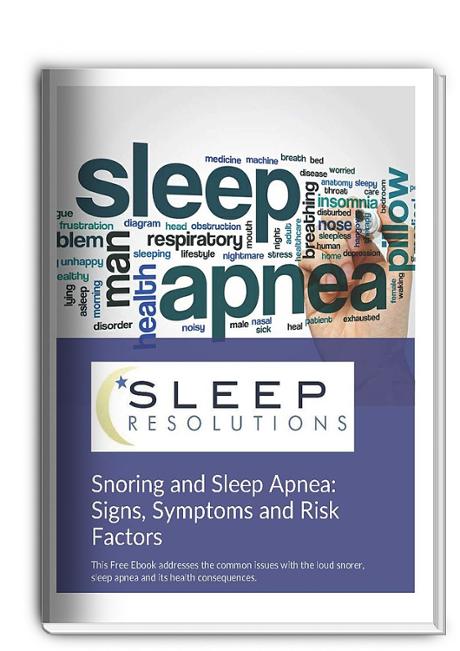

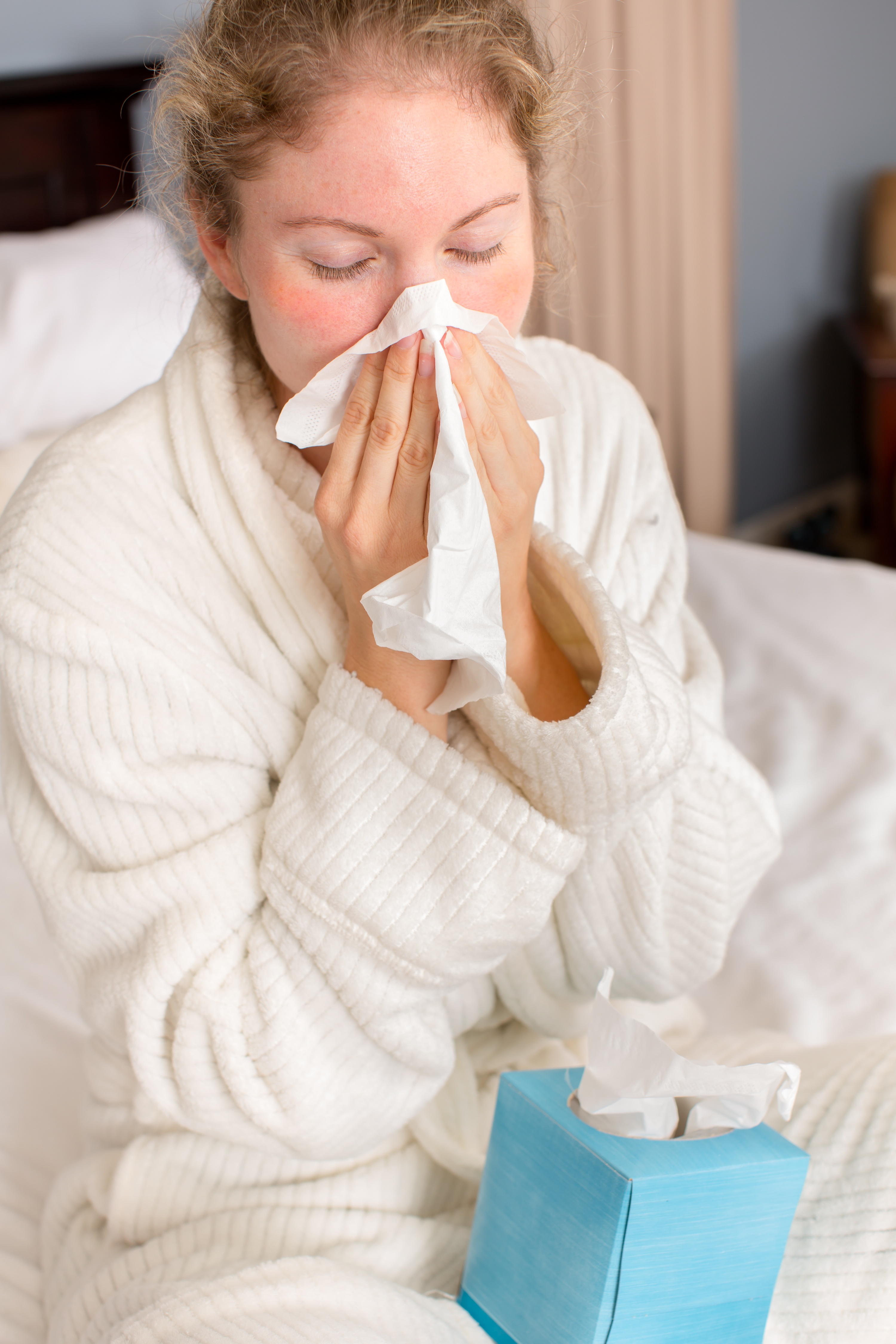

Leave a comment